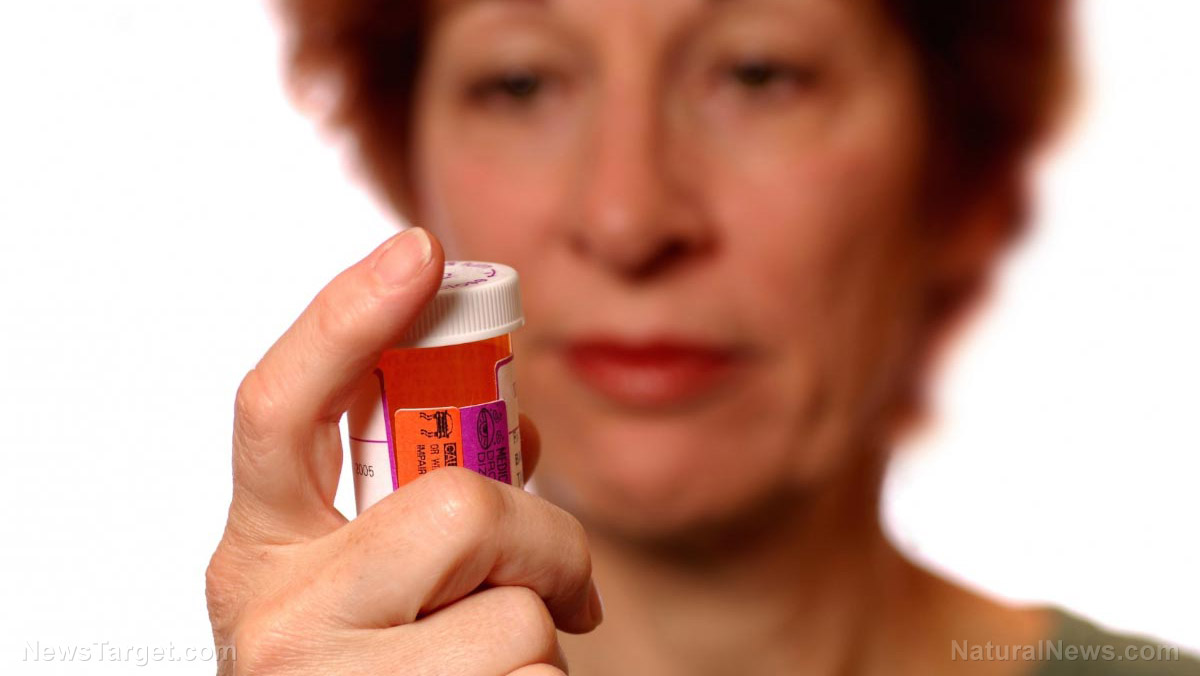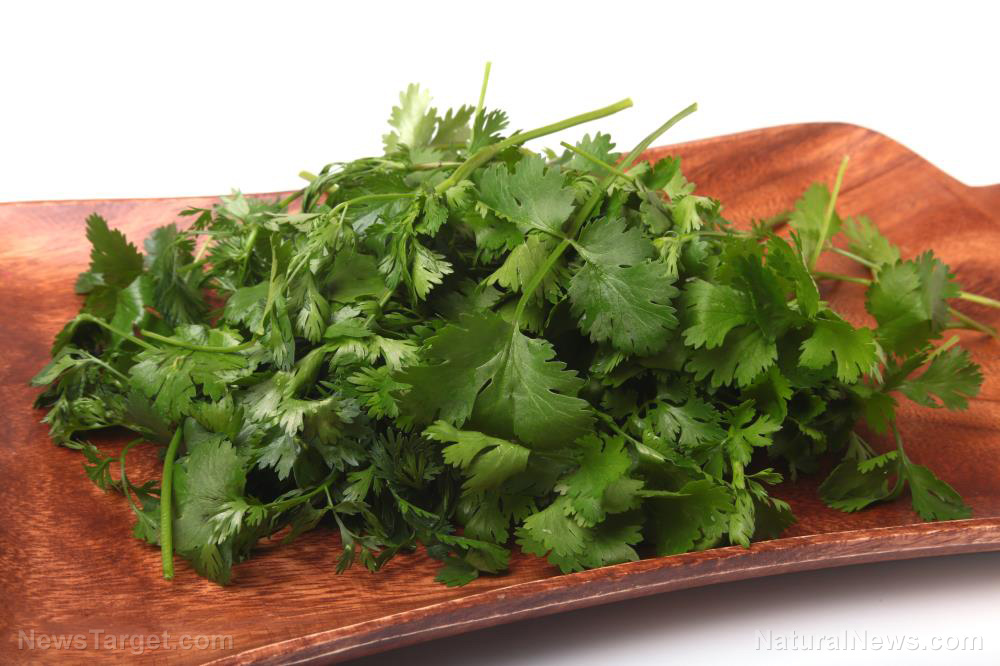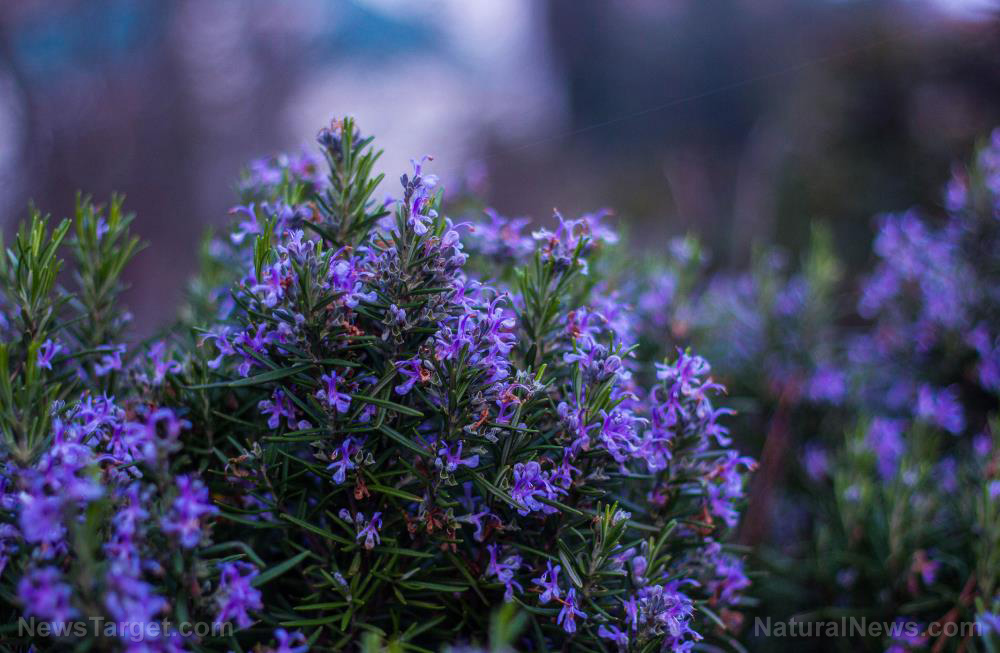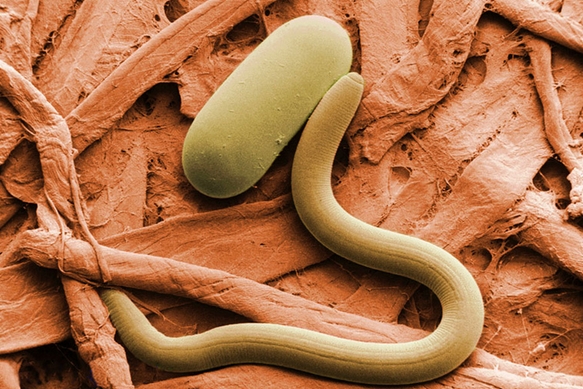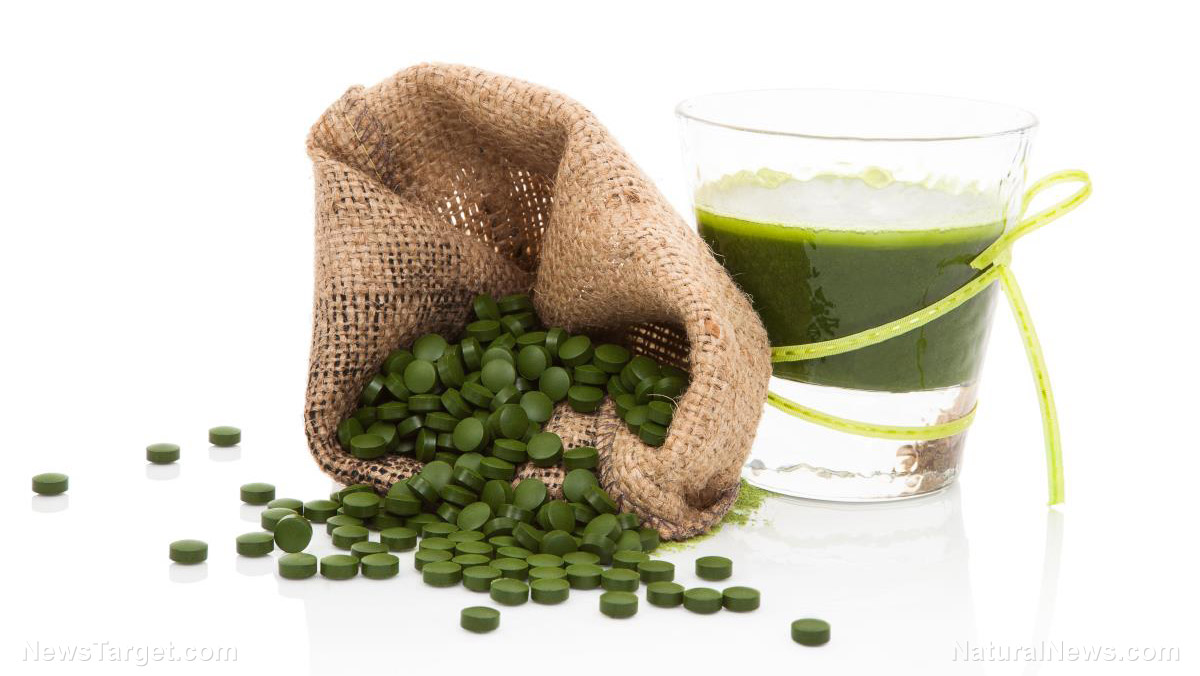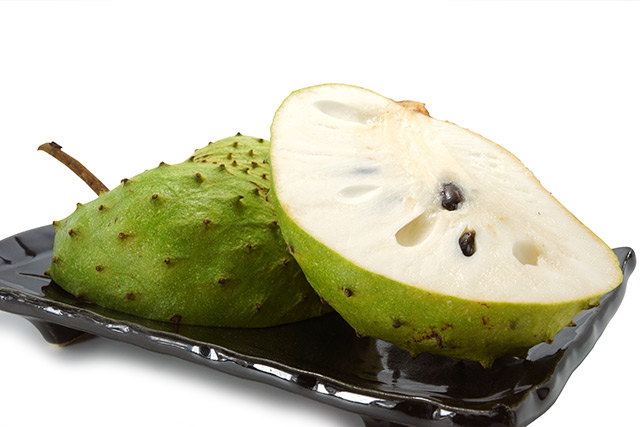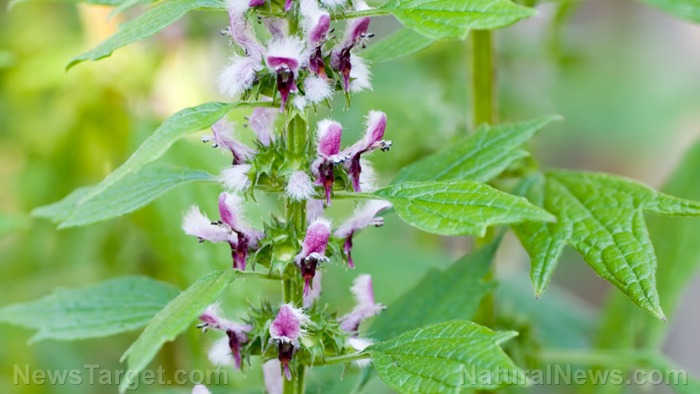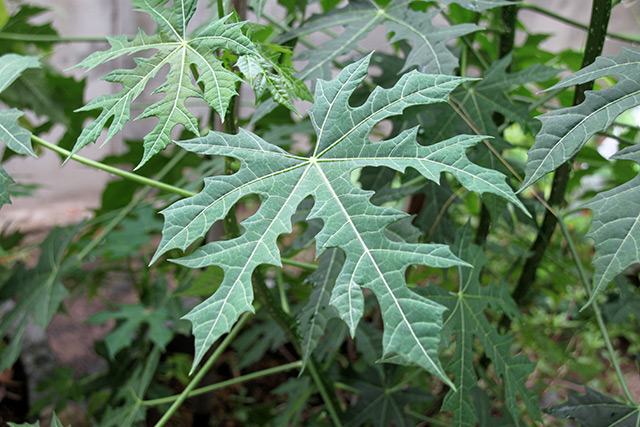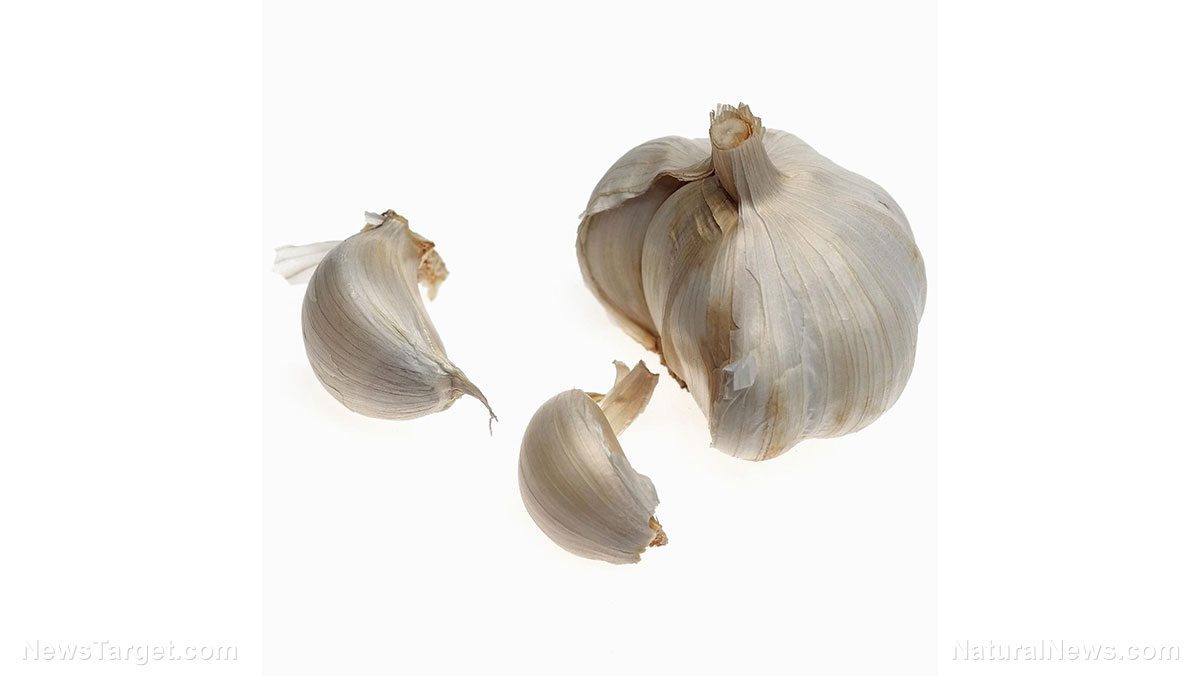Studying the antibacterial activity of spent green tea against soft rot
10/16/2018 / By RJ Jhonson
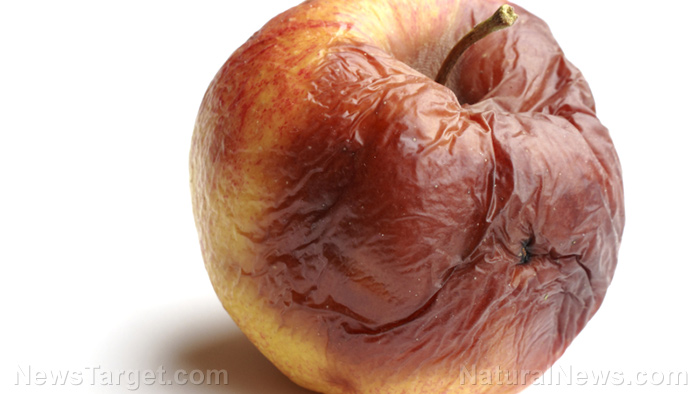
Bacterial soft rot is one of the most common and most destructive plant diseases – caused by particular species of bacteria, one of which is Pectobacterium. In a study published in the Archives of Phytopathology and Plant Protection, researchers tested the ability of spent green tea (SGT) extracts to protect carrot plants from soft rot caused by Pectobacterium.
- In a time-kill assay, the researchers determined that when administered with the minimum inhibitory concentration (MIC) of SGT extracts, Pectobacterium died within 24 hours. This period shortened to just 18 hours once the amount of extract administered was 10 times the MIC.
- Treatment with SGT was found to cause a significant reduction in pectin lyase (PL), polygalacturonase (PG) and pectin methylesterase activity in the carrots. The treatment also caused a low degree of maceration and relative electrolyte leakage.
- However, the treatment did not decrease the carrots’ beta-carotene content, phenolic content and total antioxidant percentage.
- Gas chromatography and mass spectroscopy (GC-MS) analysis revealed that SGT extracts contained caffeine.
The researchers concluded that SGT extracts could protect carrots from soft rot caused by Pectobacterium in post-harvest conditions.
Learn how to protect your plants from soft rot and other common crop diseases at HomeGardeningNews.com.
Journal Reference:
Joe MM, Chanbhasa M, Henry AJ, Benson A. TREATMENT OF CARROTS WITH SPENT GREEN TEA EXTRACT REDUCES THE SOFT ROT OF PECTOBACTERIUM SPP. Archives of Phytopathology and Plant Protection. 2017;50(9-10):491–503. DOI: 10.1080/03235408.2017.1329131
Tagged Under: agriculture, farming, Green tea, harvest, home gardening, Pectobacterium, plant disease, plant rot, Plants, recycling, soft rot, spent green tea


